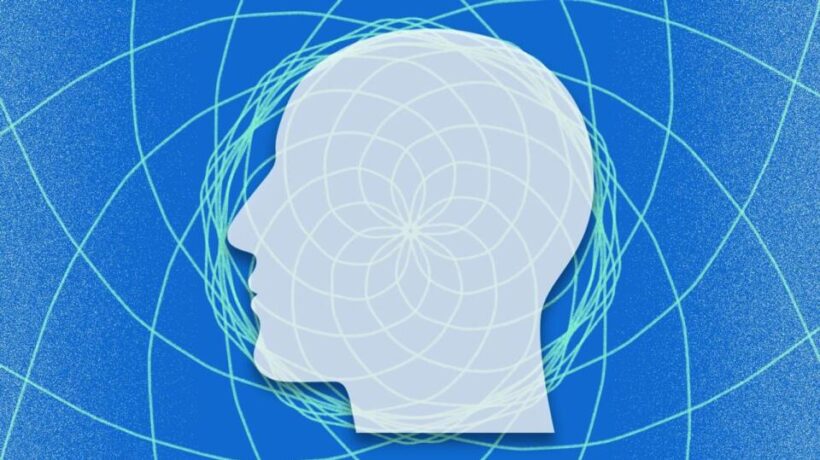South Africa has an opportunity to deliver one of the most innovative health systems solutions in the African continent. The National Health Insurance can serve as a catalyst for the transformation of SA’s health system towards a digitally enabled system.
According to the National Department of Health, nurses account for 56% of the health workforce and are integral to the primary health care (PHC) approach within the district health system framework. In 2020, the Hospital Association of South Africa said the country had a shortage of between 26 000 and 62 000 professional nurses, and that by 2030 the demand for nurses in South Africa would increase to between 305 000 and 340 000.
Taking these factors into account, it’s clear to see that there’s a need for an intervention that will close the gap to enable better health care. We also happen to be at the threshold of one of the most important technological advancements. Artificial intelligence is one of the few advancements in technology that offer a major promise for the advancement of health.
Artificial intelligence has the potential to provide health information in such a way that may enable people to take care of themselves. Already many consult online sources to diagnose themselves. AI will enable more accurate information and better recommendations based on clear understanding of your health status. Med-PaLM 2 harnesses the power of Google’s LLMs (large language model), aligned to the medical domain to more accurately and safely answer medical questions. As a result, Med-PaLM 2 was the first LLM to perform at an “expert” test-taker level performance on the MedQA dataset of US Medical Licensing Examination (USMLE)-style questions, reaching 85%+ accuracy, and it was the first AI system to reach a passing score on the MedMCQA dataset comprising Indian AIIMS and NEET medical examination questions, scoring 72.3%.
Industry-tailored LLMs like Med-PaLM 2 are part of a burgeoning family of generative AI technologies that have the potential to significantly enhance healthcare experiences. Google is now working with customers to understand how Med-PaLM 2 might be used to facilitate rich, informative discussions, answer complex medical questions, and find insights in complicated and unstructured medical texts. They might also explore its utility to help draft short- and long-form responses and summarise documentation and insights from internal data sets and bodies of scientific knowledge.
As AI proves its value, it’s likely there will be increased focus on high-quality data collection and curation in healthcare and life sciences. Improving the flow and unification of data across health care systems, referred to as data interoperability, is one of the most important building blocks to leveraging AI, and it helps organisations run more effectively, improve patient care, and helps people live healthier lives.
These technological advancements will be available to be used if the shortages of health care workers persists and worsens. It’s important to note however that technology will not just serve society if it’s not well prepared to carry out its function. AI will not automatically assist with health information and care if it’s not trained for local issues and circumstances.
Although there are some improvements with the use of technology at some health institutions in South Africa more can be done. Currently the discussion on NHI has focused mainly on finances and less on technology.
While that is understandable, it’s important that health and technology matters are considered extensively as society gets closer to the implementation of NHI. If society is to gain health tech benefits, there’s a need to act now.
Part of that action will have to include improvement and transformation of how health records are collected. The process of only focusing on health files that only capture a single view of a patient may have to be replaced with real time collection of health data. This may require wearables to assist with the collection of health data. At the same time such a collection of health data will raise ethical concerns and need for clarity about data storage and security. All of these factors require public participation in terms of consensus and legislative processes that take care of regulatory factors. Such interventions are necessary to deliver health technology solutions that will incorporate AI.
There’s no doubt that NHI will improve healthcare if correctly implemented and financed. The time is now for discussions about NHI to also include technology factors that will also make universal health care a possibility.







